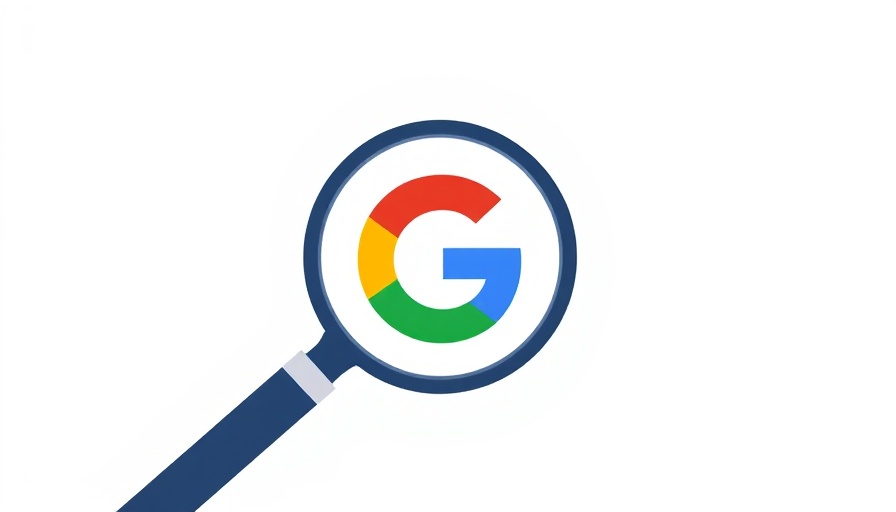
Google's Race Against Time: The Evolution of Search and AI
As Google seeks to innovate in a search landscape increasingly dominated by AI, it grapples with the pressing question: Is it playing catch-up to OpenAI? With deep learning and natural language processing evolving rapidly, Google’s recent feature updates—particularly AI Mode and Gemini—highlight attempts to not only integrate generative AI into its core products but also to retain its historical supremacy in the search engine market.
Historical Context: The Rise of AI and Google’s Initial Pioneering
Since the announcement of its “AI-first” philosophy by CEO Sundar Pichai in 2016, Google has branded itself as a leader in the AI space. This came after a series of competitive shocks, particularly with the launch of Amazon's Alexa, but with the emergence of OpenAI and its groundbreaking product ChatGPT, Google now confronts a new era of existential risk. This scenario mirrors the fate of giants in technology whose rigid hold over existing markets hampers their adaptability—a classic example of the Innovator's Dilemma.
OpenAI’s Rise: What Google Could Learn
OpenAI represents the agile upstart in the AI race, growing rapidly without the encumbrances of an extensive legacy business. The contrasting flexibility allows it to experiment and continually innovate without the fear of upending a cash cow. OpenAI’s recent advancements in generative AI, particularly with ChatGPT, have rendered traditional methods less effective. Comparatively, Google’s efforts, particularly its AI Mode designed to overhaul search, appear as reactions to a market shift rather than strategic ground-breaking initiatives.
Feature Updates: A Game of Catch-up
The rollout of AI Mode and enhancements to the Gemini chatbot is crucial. Announced on March 5, AI Mode expands on existing features by allowing deeper, multimodal interactions and follow-up queries, an area where ChatGPT thrives. Current interactions reveal that Google’s AI falls short of delivering the nuanced, personable interactions users have come to expect from competitors like OpenAI. Instead of leveraging its vast user data to create personalized, insightful user experiences, Google often defaults to generic profiles based on advertising needs.
Future Outlook: The Path Forward for Google
Despite these setbacks, Google’s expansive resources and user base presents a unique opportunity to rapidly innovate and refine AI applications. Acknowledging its sluggishness in releasing advanced models, Google is promising to recalibrate its approach to risk, per Pichai's latest comments. The challenges it faces, including maintaining user trust and shielding privacy while maximizing personalization, are also compounded by the need to stay relevant in a competitive digital landscape.
Contextual Challenges: The Impact of Regulatory and Ethical Considerations
Further complicating Google’s journey is the public's increasing scrutiny over AI ethics. Concerns arise with AI capabilities that could exacerbate biases or privacy violations, primarily due to Google’s past mistakes within its AI research community. A commitment to ethically sound AI development and transparent practices will be vital as Google seeks to regain its reputation as a trusted leader in technology.
Conclusions and Strategies for Tomorrow
For Google to reclaim its competitive edge, it must not only catch up to OpenAI but also leap ahead with innovative applications tailored to the user experience. This requires a rethinking of its approach to AI, fostering a culture of risk-taking within a cautionary framework. As competitors close in, Google’s longstanding legacy has become a double-edged sword—one that carries both the burden of expectations and a wealth of resources to innovate.
As experts in various industries analyze these developments, it is clear that the coming months will be critical. Staying informed on Google's strategies and practically evaluating the implications of AI integration can empower business leaders to navigate this rapidly evolving landscape effectively.
 Add Row
Add Row  Add
Add 




Write A Comment